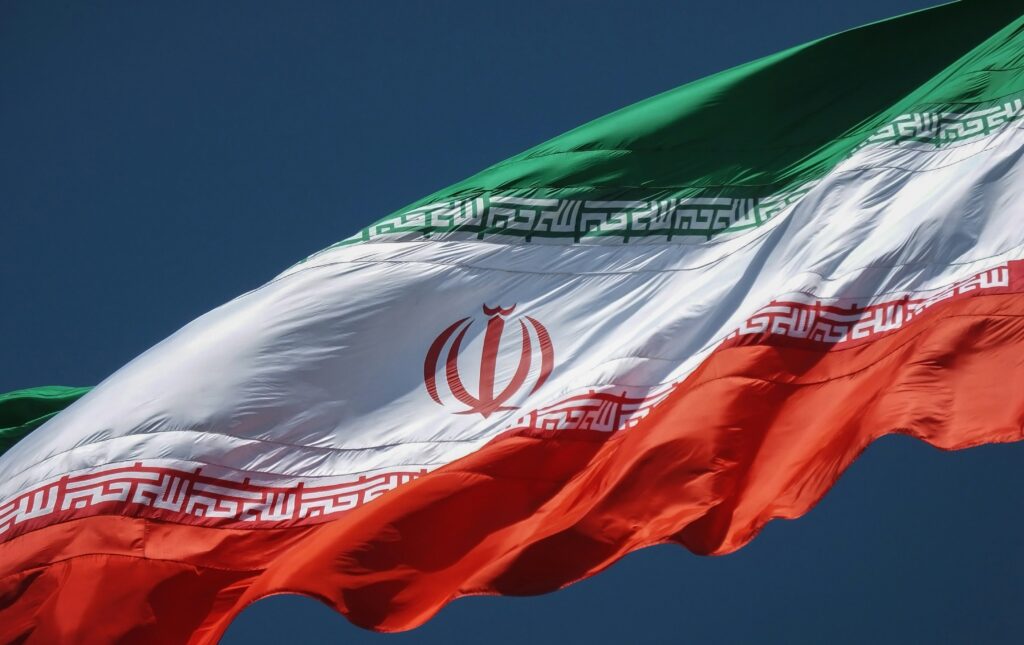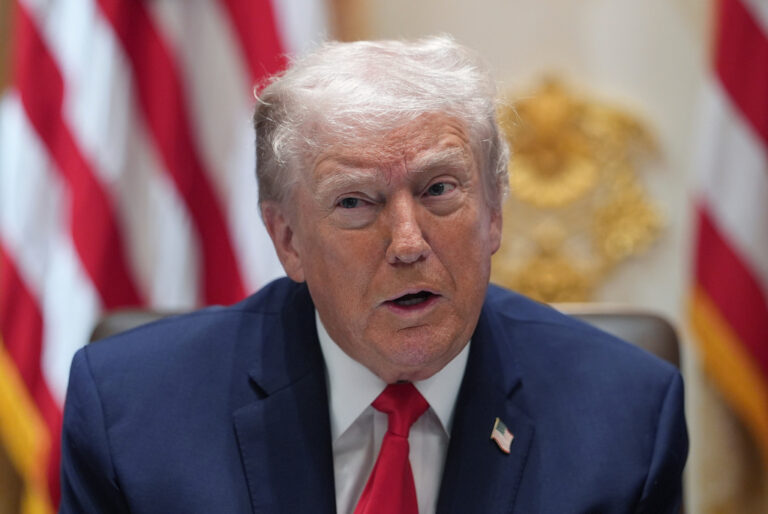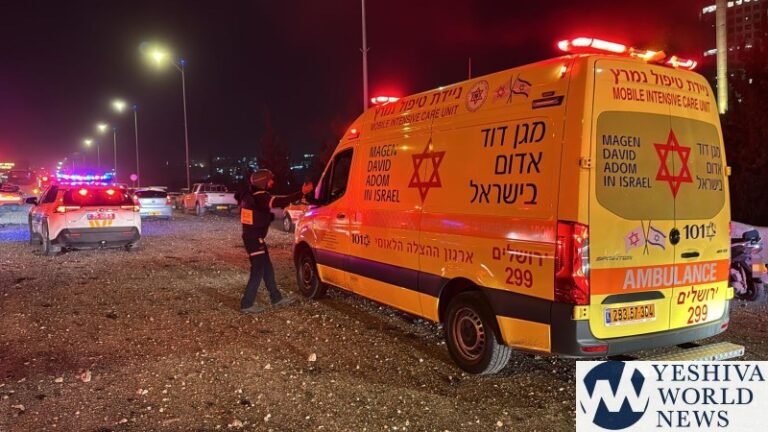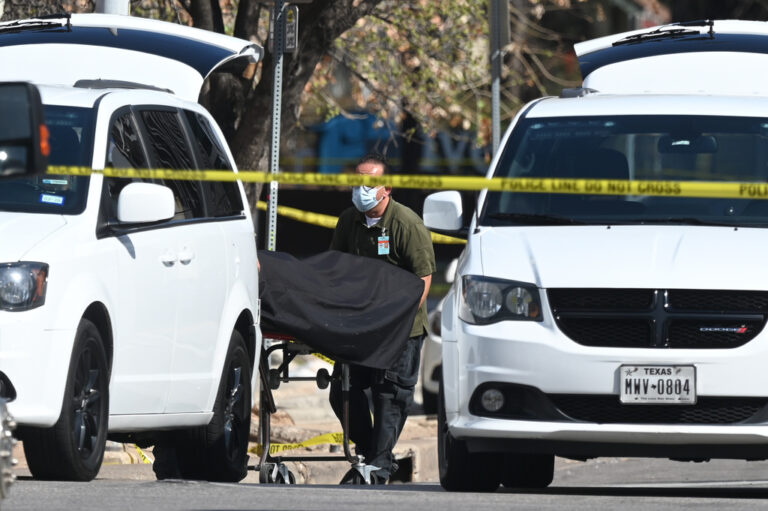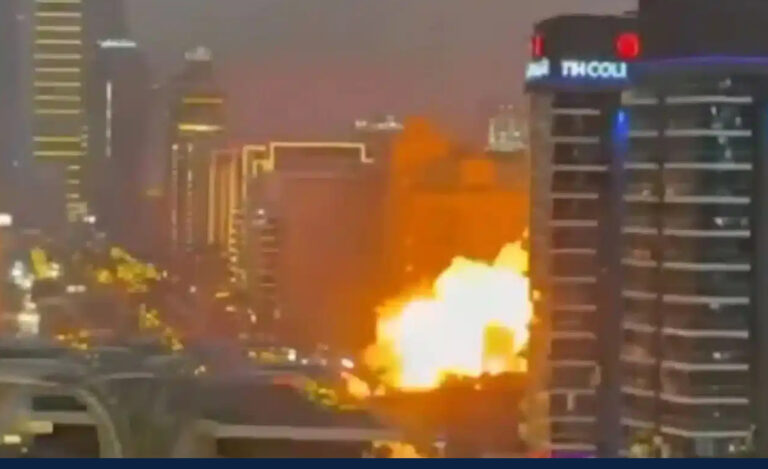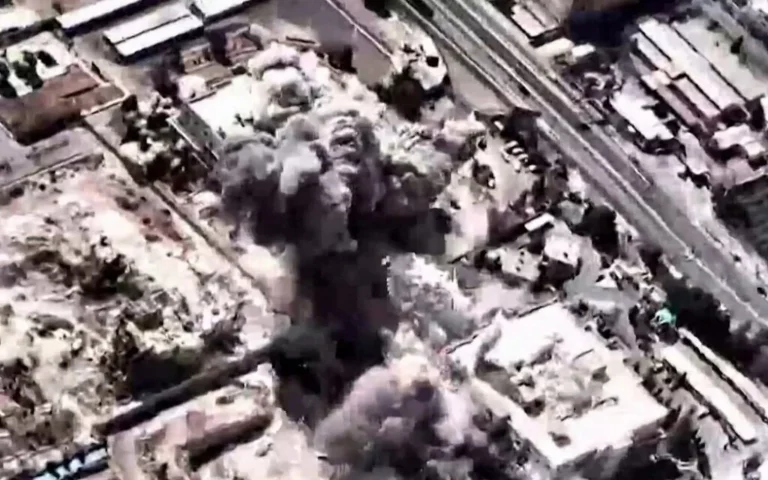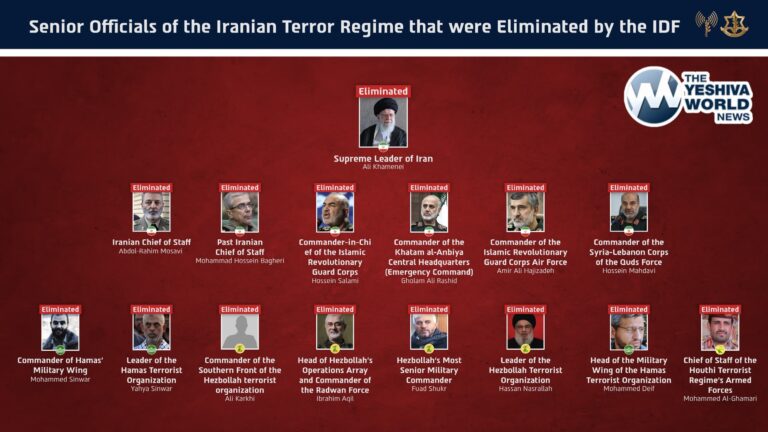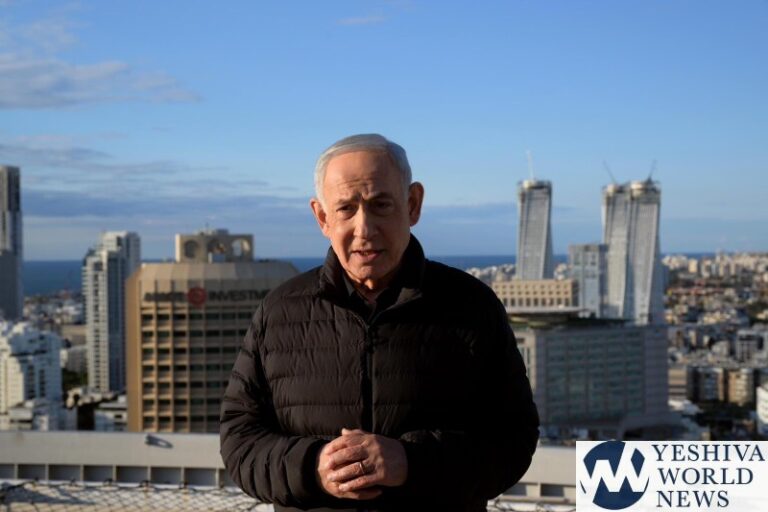A sweeping investigation has uncovered how Iran is outsourcing terror worldwide, relying on international criminal syndicates to carry out assassinations, arson attacks, and intimidation campaigns that target Jewish communities, Israeli interests, and Iranian dissidents, the Jerusalem Post reports.
According to intelligence reports, recently declassified government documents, and testimony from counterterrorism experts, Iran’s Islamic Revolutionary Guard Corps (IRGC) and Ministry of Intelligence are increasingly enlisting drug cartels, biker gangs, and smuggling networks to do their dirty work. Analysts describe the strategy as “narco-terrorism”—a hybrid model that blurs the line between organized crime and state-sponsored terror, granting Tehran a shield of plausible deniability while its adversaries struggle to respond.
Unlike traditional terror cells, criminal groups offer local reach, logistical sophistication, and deniability. Arrests and foiled plots from North America to Germany to Australia have revealed Iran’s fingerprints, though rarely in a way that can be prosecuted directly against the regime. “Because of its sophistication, its ability to avoid fingerprints on the ground, and support from criminal organizations, local collaborators, and the extreme left, Iran is managing to remove its name from many actions,” said Moran Alaluf, a counterterrorism researcher.
In August, Australia expelled Iran’s ambassador after investigators tied the IRGC to arson attacks on Jewish institutions in Sydney and Melbourne. Across Europe, the Swedish-based Foxtrot Network—a drug cartel run by Rawa Majid, now reportedly living in Iran—has carried out assaults on Israeli embassies and Jewish targets at Tehran’s direction.
The most chilling consequences are being felt in Europe, where Jewish communities have been forced to conceal religious symbols amid rising intimidation. German prosecutors recently charged an Afghan-born Dane with conducting surveillance on shuls and individuals in Berlin under orders from Iran’s Quds Force. “Awareness is rising,” said Sacha Stawski, a Frankfurt-based Jewish leader. “But for many, the choice is between hiding, leaving, or fighting back.”
In Greece, authorities arrested an Iranian linked to anarchist groups who attempted to torch a shul in Athens. British intelligence says it has disrupted at least 15 Iranian plots to kidnap or kill dissidents and journalists.
The United States has been a target for more than a decade. As far back as 2011, Iranian operatives attempted to hire a Mexican cartel to assassinate Saudi Arabia’s ambassador in Washington. More recently, U.S. prosecutors indicted IRGC assets for plotting mass shootings of Israeli tourists abroad and contracting American gang members for targeted killings of Jewish business leaders.
Canada, too, has thwarted IRGC recruitment of local criminal gangs to carry out assassinations, including a plot against former Justice Minister Irwin Cotler. “Local criminal gangs can be recruited to act on Iranian orders, creating challenges for law enforcement,” warned Canadian analyst Joe Adam George.
Western governments are scrambling to keep pace. In July, 14 nations including the U.S., U.K., and Canada issued a joint condemnation of Tehran’s strategy, warning of the growing fusion between organized crime and Iranian intelligence. The U.S. Treasury has sanctioned multiple groups and individuals, stressing that Iran “increasingly relies on organized criminal groups to maintain plausible deniability.”
But experts caution that the world is still only seeing fragments of the bigger picture. “There are many dormant cells waiting for the green light,” Alaluf warned.
(YWN World Headquarters – NYC)

